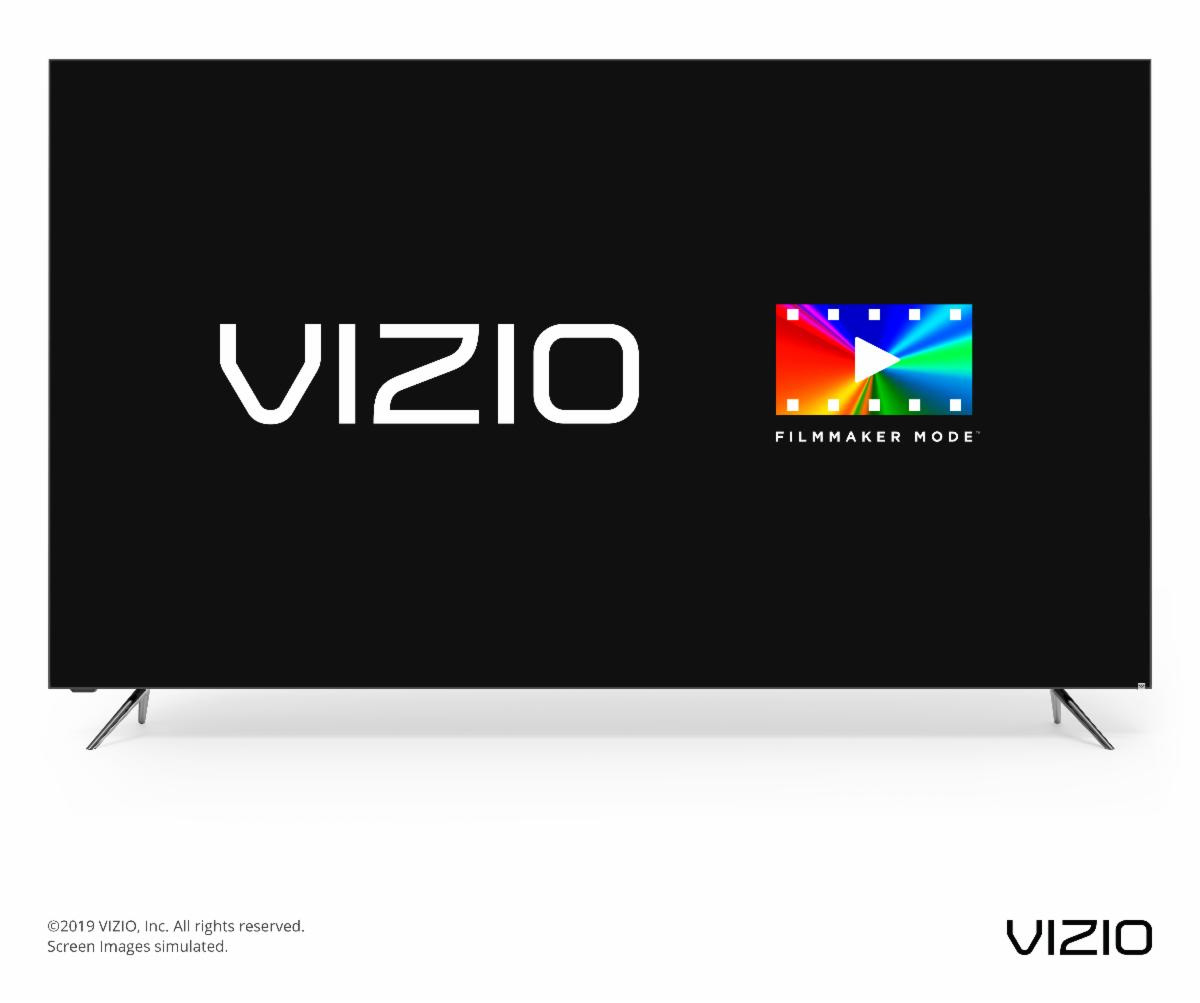Vizio Aims for Some of That Roku-like Magic with IPO
In SEC filing, U.S.-based manufacturer said its smart TV shipments spiked 20% last year to 7.1 million. But its real strength may be the 12.2 million active users for its SmartCast OS

The smarter way to stay on top of the streaming and OTT industry. Sign up below.
You are now subscribed
Your newsletter sign-up was successful
Irvine, Calif.-based consumer electronics company Vizio is making another stab at an initial public offering.
“With a combination of our smart TVs and our evolving software platform, we have a path to integrate the Vizio experience into a lifestyle,” wrote founder, chairman and CEO William Wang in an emotionally charged opening letter to Vizio’s SR-1 filing to the SEC.
In that filing, Vizio makes the case for a technology company that sounds an awful lot like Roku, which has blended OTT hardware with a device OS experience and has become, in a little over three years, a company with a market capitalization exceeding $50 billion on the Nasdaq.
For its part, Vizio said its smart TV shipments increased by 20% last year to 7.1 million, driving 11% revenue growth in 2020 to $2.04 billion. But the real secret sauce for Vizio, which also backs a popular smart speaker brand, is the company’s operating system, SmartCast. According to the filing, SmartCast has 12.2 million active users worldwide, up 7.6 million a year prior.
SmartCast supports Netflix, Amazon Prime Video, Hulu, Disney Plus and Peacock, among other major streaming apps.
Vizio has battled Chinese maker TCL for second place in North American smart TV market share for several years. Vizio’s SmartCast sets are generally viewed has having a better picture and overall quality vs. TCL sets, which are mostly powered by the Roku OS.
Vizio was the No. 1 sound bar brand in in the U.S. on a unit sales basis from January 2018 - December 2020, according to NPD Group.
The smarter way to stay on top of the streaming and OTT industry. Sign up below.
Like Roku, which has seen "platform" revenue far outstrip its hardware sales in recent quarters, Vizio sees its so-called “Platform+” business—the sector based on advertising and data sales—as having huge upside.
“The success of our device business has created a massive growth opportunity for us,” Vizio said in its SR-1. “Our smart TVs provide us with the opportunity to add consumers that are actively engaged with our SmartCast operating system, which in turn, expands our Platform+ monetization opportunities. While we generate the significant majority of our total net revenue from sales of our smart TVs and sound bars, our Platform+ net revenue has grown 304.4% from $36.4 million in 2018 to $147.2 million in 2020. We believe that Platform+ will be the key driver of our future margin growth and financial performance.”
Vizio said it’s not only competing with smart TV market leader Samsung these days, but also “connected devices such as Roku, Amazon Fire TV Stick and Apple TV and traditional cable operators, which may provide their own streaming services.”
It’s not the first time Vizio, which was founded in 2002, has tried to go public. It filed for an IPO in 2015, just before agreeing to be purchased by Chinese conglomerate LeEco for $2 billion in July 2016. That deal was ultimately scuttled due to regulatory issues.
After completion of the IPO, Wang will maintain voting control over the company. Taiwanese electronics maker Foxconn Technology will own 25.5% of Vizio’s Class A shares.
Wang opened the letter by briefly recounting the plane crash he survived in 2002, while trying to fly home to the U.S. from meetings in Taiwan.
He described surviving the ordeal as a pivotal moment, inspiring him to ditch his job at a firm that made computer monitors and found his own company, Vizio.
Daniel Frankel is the managing editor of Next TV, an internet publishing vertical focused on the business of video streaming. A Los Angeles-based writer and editor who has covered the media and technology industries for more than two decades, Daniel has worked on staff for publications including E! Online, Electronic Media, Mediaweek, Variety, paidContent and GigaOm. You can start living a healthier life with greater wealth and prosperity by following Daniel on Twitter today!

